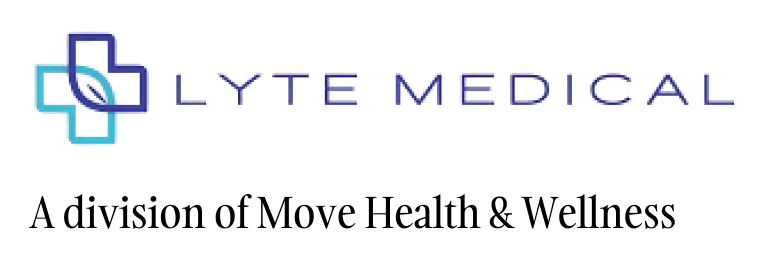Telehealth has become more prominent in current times as COVID-19 has been on the rise. Facilitating care while minimizing the risk of face-to-face exposure has become the most ideal scenario. Healthcare services have expanded access to telehealth, for hospitals and health care providers to manage and respond to the growing number of patients affected by the novel coronavirus, as well as maintaining their patients’ other medical needs.
Enabling patients to consult a healthcare provider via telecommunication in real-time becomes crucial when medical offices and hospitals are overwhelmed and understaffed. Ultimately, with the number of current patients and cases, telemedicine offers an effective and convenient option for many.
Telemedicine Benefits for Patients
For patients, telehealth has been a considerable asset in many cases, not only relating to the current pandemic, as the accessibility of telemedicine reaches any individual with an internet connection. This means that if a patient is unable to access a doctor’s office or pharmacy, they are not out of options.
Telehealth provides advantages to patients who require non-urgent care or services that do not require direct interaction (eg. obtaining a doctor’s note, advice on simple ailments, therapy sessions, etc.), especially in times of a pandemic when seeing a medical professional is either not feasible or the waitlist is incredibly lengthy.
Individuals who are at a higher risk of contracting the virus (eg. elderly and those with pre-existing health conditions) are offered more protection through telehealth. It allows them to obtain the medical assistance they need via telecommunication from their own home, and by lowering the amount of individuals in facilities.
Telemedicine Benefits for Healthcare Providers
Telehealth has also been a major benefit for doctors and practices as they were forced to close their doors for all in-person visits. Without the use of telehealth and telemedicine during this trying time, many medical offices would have had no other option but to close their doors permanently.
The importance of telehealth technology during a pandemic is critical when considering the repercussions of healthcare providers being in daily contact with dozens of patients. This opened the door wide to contracting COVID-19 as a result of exposure, which can be especially damaging in low-resource or understaffed areas.
Overall Telemedicine Benefits
Telemedicine services provide beneficial assistance during a global pandemic due to the following:
- Through the use of telemedicine, the number of face-to-face interactions between patients and healthcare workers is reduced, minimizing the risk of contracting COVID-19
- Telemedicine services helps to protect high-risk individuals (eg. elderly and more at risk individuals)
- Areas with abundant staffing and resources are able to aid regions with limited access to staffing and/or resources through telecommunication
Telemedicine in the Future
So what will the role of telemedicine be after the pandemic? There is a growing consensus that telemedicine should remain widely used in the medical field due to its accessibility.
Currently lawmakers are working to expand telemedicine as a permanent part of the health care system. One proposal stated, “telehealth has the ability to expand access to care, improve the efficiency of care, and has been an essential tool for enabling patients to continue to receive care at a time when in-person appointments are not advisable for public health reasons.”
The goal is to put patients first not only during a global pandemic but indefinitely.





